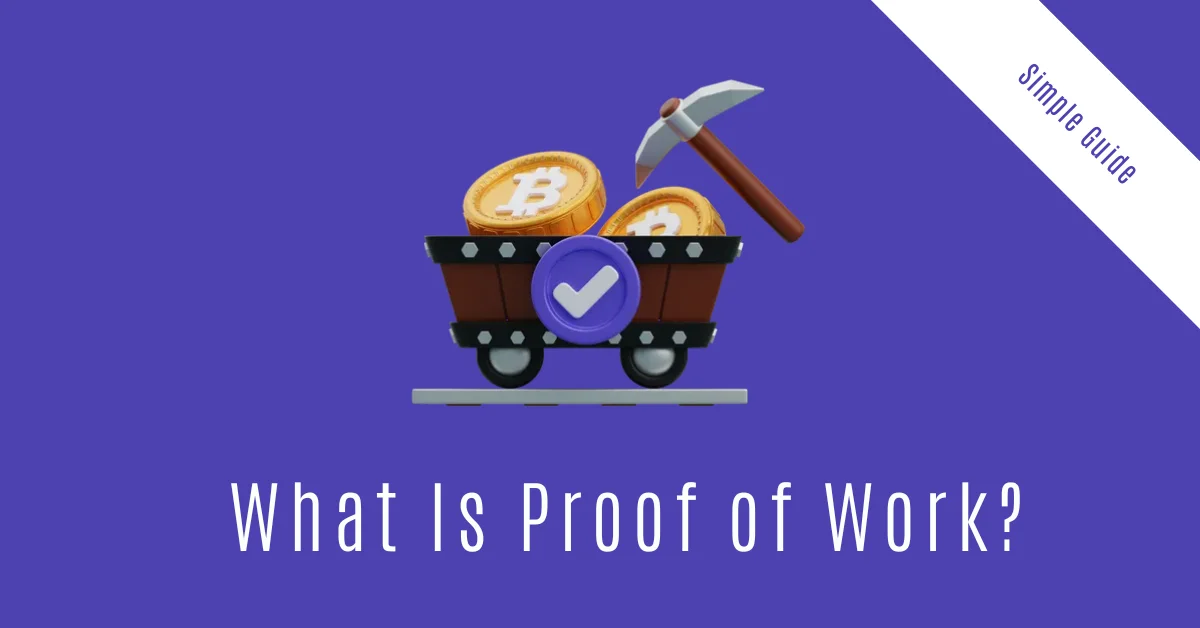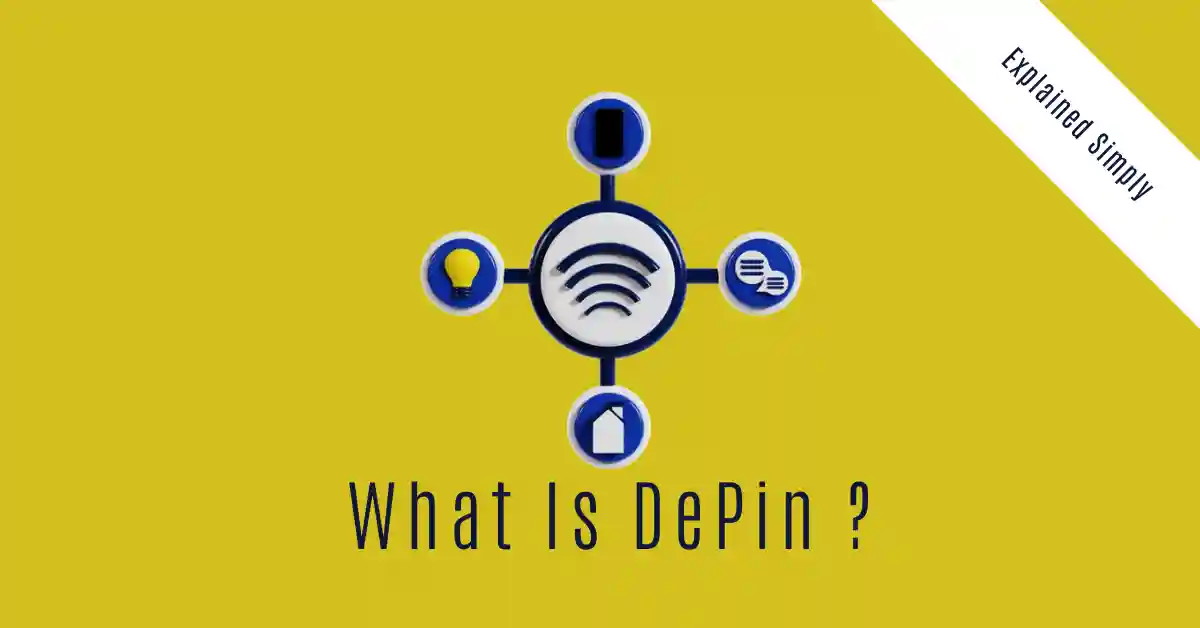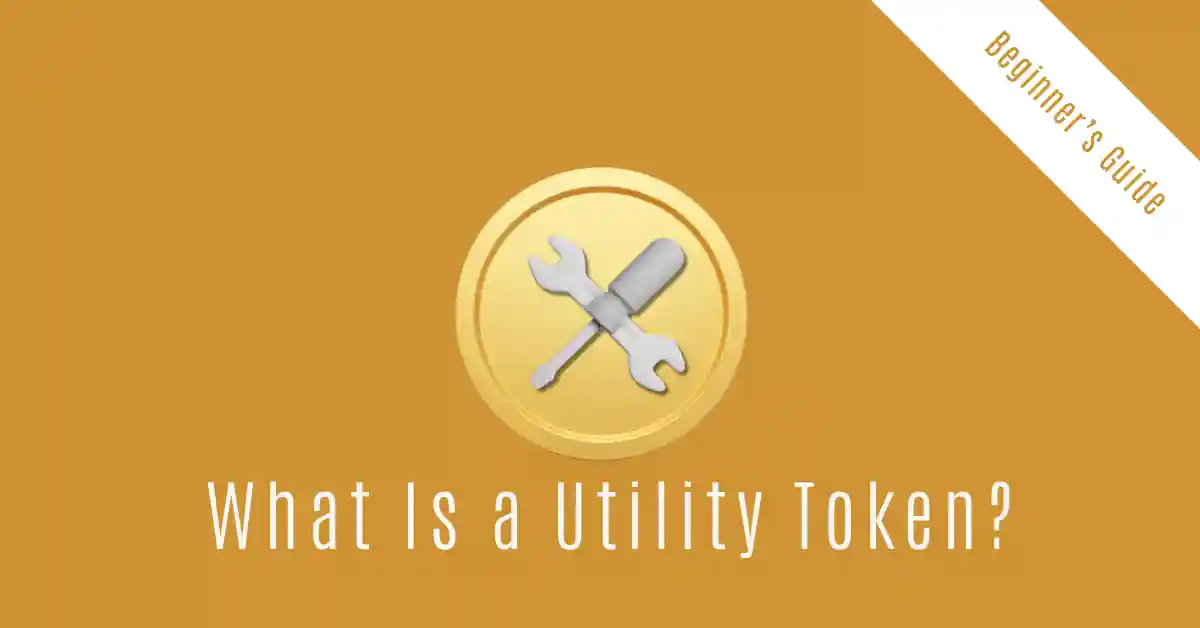
In September 2021, El Salvador made history as the first country to adopt Bitcoin as legal tender. President Nayib Bukele hailed it as a revolutionary step toward financial inclusion and economic sovereignty. Fast forward to 2024, and the policy lies in tatters—abandoned under pressure from the International Monetary Fund (IMF) and widespread public rejection.
What went wrong? How did a bold crypto experiment collapse in just three years? This deep dive unpacks the political, economic, and social forces that forced El Salvador to reverse course, offering critical lessons for nations eyeing crypto legal tender.
The Rise and Fall of El Salvador’s Bitcoin Law
Timeline of Key Events
-
June 2021: Bukele announces Bitcoin Law at the Bitcoin Miami conference.
-
September 2021: Bitcoin becomes legal tender alongside the US dollar.
-
2021–2023: Government buys 2,798 BTC ($105M), launches Chivo Wallet, and builds Bitcoin infrastructure.
-
March 2024: IMF approves $1.4B loan, conditional on revoking Bitcoin’s legal tender status.
-
May 2024: Bukele confirms Bitcoin will no longer be mandatory for transactions.
Reason 1: IMF Pressure and the $1.4B Loan Deal
The IMF’s Stance on Bitcoin
The IMF repeatedly warned El Salvador about risks tied to Bitcoin’s legal tender status:
-
Financial Stability: Bitcoin’s volatility threatened dollarization (El Salvador’s primary currency since 2001).
-
Money Laundering: Weak KYC/AML controls in crypto transactions risked FATF blacklisting.
-
Fiscal Liability: The state’s $105M Bitcoin purchases exposed taxpayers to massive losses during market crashes.
The $1.4B Loan Ultimatum
In March 2024, the IMF approved a 36-month loan to stabilize El Salvador’s economy—conditional on reversing the Bitcoin Law. Key demands included:
-
Removing Bitcoin’s legal tender mandate.
-
Halting state Bitcoin purchases.
-
Strengthening oversight of Chivo Wallet.
Result: Bukele’s government prioritized IMF funding over crypto sovereignty to avoid default.
Reason 2: Public Resistance and Failed Adoption
Citizen Backlash
-
92% Rejection Rate: A 2023 José Simeón Cañas University poll found 92% of Salvadorans never used Bitcoin.
-
Chivo Wallet Failures: Technical glitches, fraud, and poor education crippled adoption.
-
Protests: Thousands marched against “Bitcoin tyranny,” citing privacy fears and economic instability.
Economic Realities
-
Remittances: 24% of GDP comes from overseas remittances—mostly in USD. Migrants rejected Bitcoin transfers.
-
Poverty: 26% live below the poverty line. Bitcoin’s complexity alienated unbanked populations.
-
Merchant Resistance: Only 20% of businesses accepted Bitcoin, citing volatility and fees.
The Aftermath: What’s Left of El Salvador’s Bitcoin Experiment?
Policy Rollbacks
-
Bitcoin is no longer mandatory for transactions but remains a voluntary payment option.
-
The state retains its 6,068 BTC holdings (worth ~$400M as of July 2024).
-
Chivo Wallet transitions to a non-custodial model with stricter AML checks.
Lessons Learned
-
Sovereignty vs. Global Finance: Small nations can’t defy IMF/Western financial systems.
-
Volatility vs. Stability: Legal tender requires predictability—Bitcoin lacks it.
-
Top-Down vs. Grassroots: Forced adoption without public buy-in fails.
Unique FAQs About El Salvador’s Bitcoin Reversal
1. Why did the IMF oppose Bitcoin as legal tender?
The IMF feared Bitcoin’s volatility would destabilize El Salvador’s dollarized economy and complicate debt management.
2. Did the public ever support Bitcoin adoption?
No. Polls showed 70–80% opposition from day one, driven by distrust in Bukele’s authoritarian tactics.
3. Is Bitcoin banned in El Salvador now?
No. It remains a voluntary payment method, but businesses aren’t required to accept it.
4. What happens to El Salvador’s Bitcoin reserves?
The government holds 6,068 BTC (~$400M). Bukele plans to “HODL” despite IMF pressure to sell.
5. Did the Bitcoin Law help the unbanked?
Minimally. Only 4% of unbanked citizens adopted Chivo Wallet, per Central Bank data.
6. Could another country adopt Bitcoin as legal tender?
Unlikely. The IMF’s stance deters nations, but voluntary crypto policies (e.g., Venezuela’s Petro) may persist.
7. Did Bitcoin attract foreign investment to El Salvador?
Yes—but not enough. Crypto startups created ~1,000 jobs vs. Bukele’s promise of 10,000+.
8. What’s next for crypto in El Salvador?
Bukele plans Bitcoin-backed bonds (“Volcano Bonds”) and a Bitcoin City tax haven—both delayed indefinitely.
Conclusion
El Salvador’s Bitcoin experiment failed not due to blockchain’s flaws, but from underestimating geopolitical realities and public sentiment. The IMF’s financial stranglehold and grassroots resistance proved insurmountable, highlighting the chasm between crypto idealism and on-the-ground economics.
For nations eyeing crypto legal tender, the lesson is clear: Sovereignty requires more than code—it demands global alliances, stability, and citizen trust.








